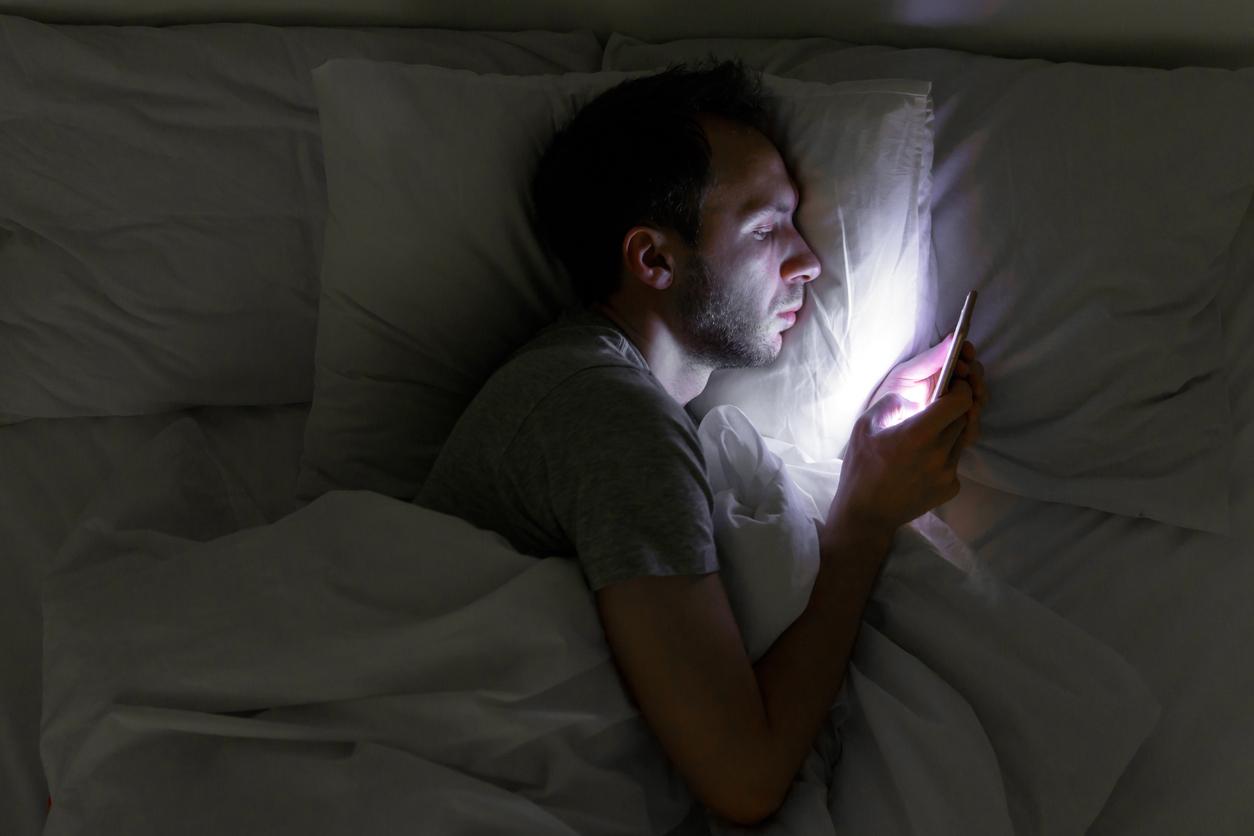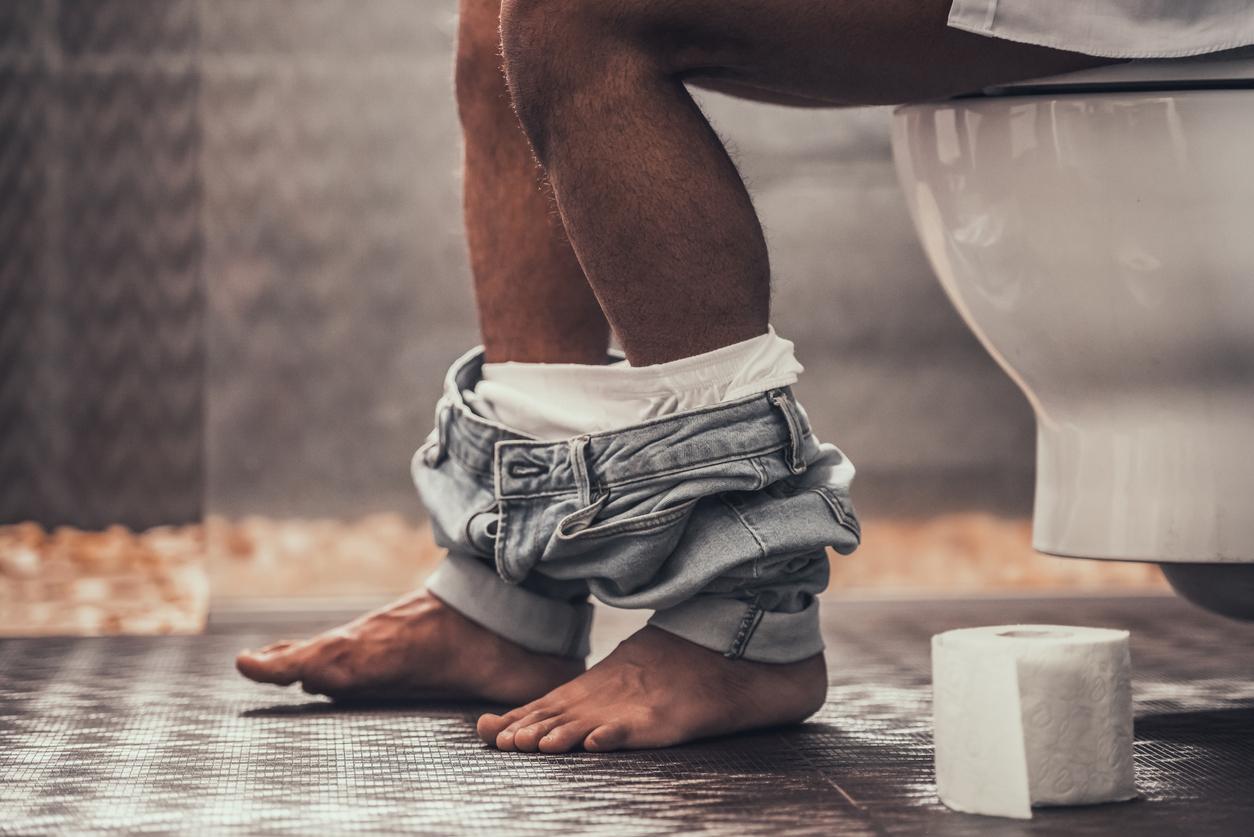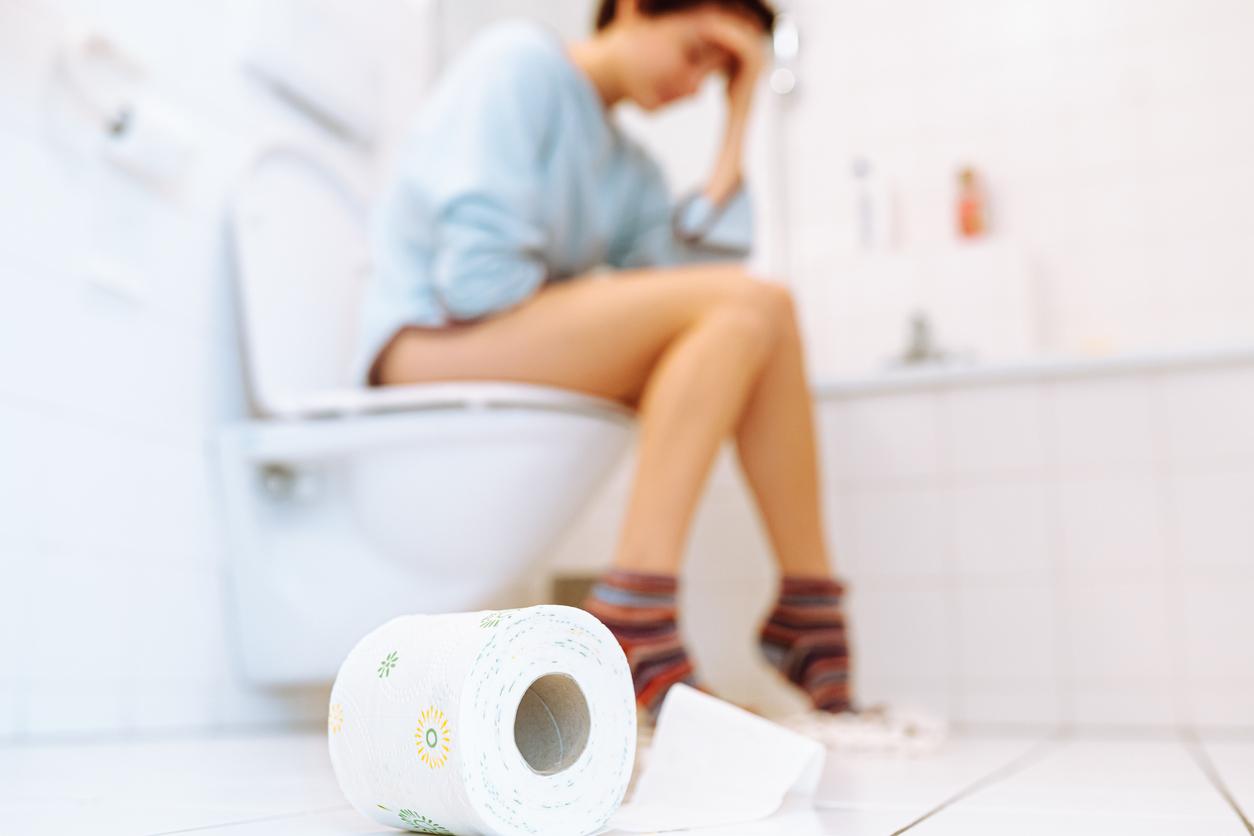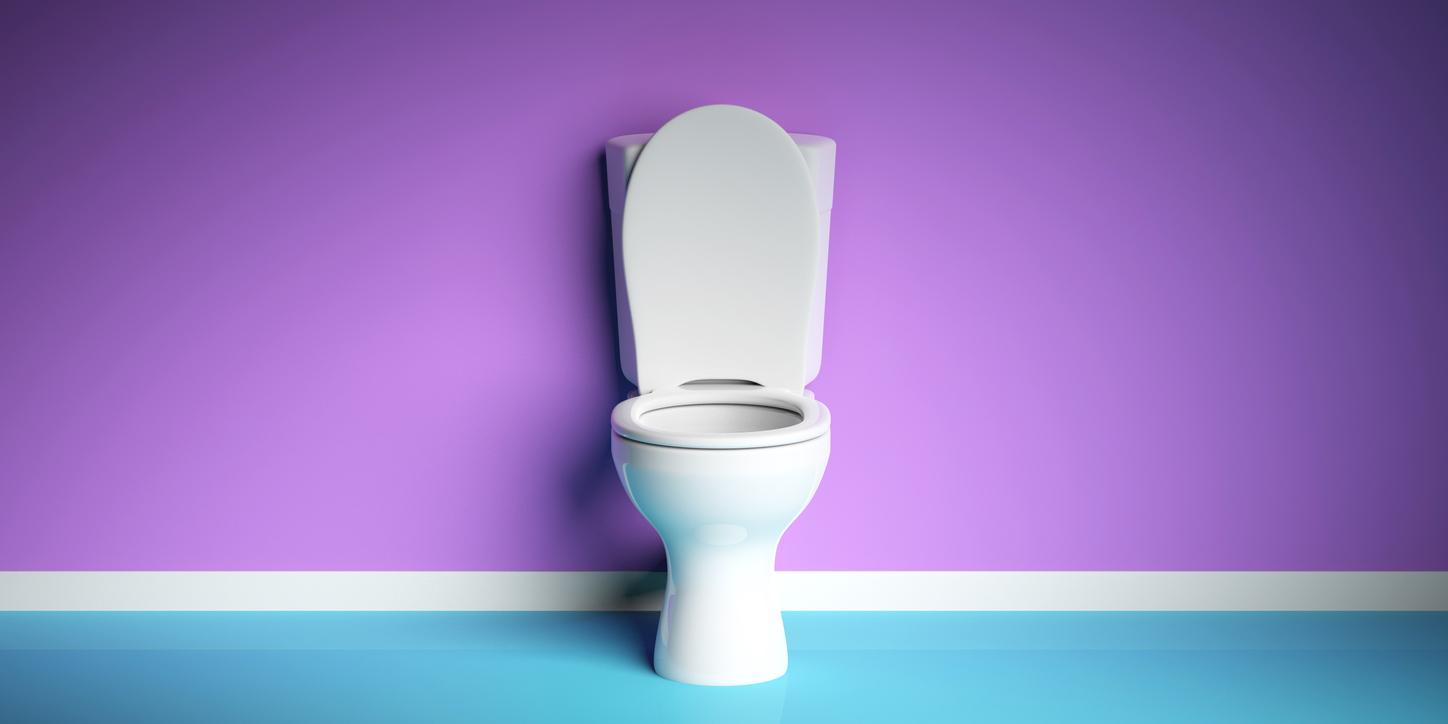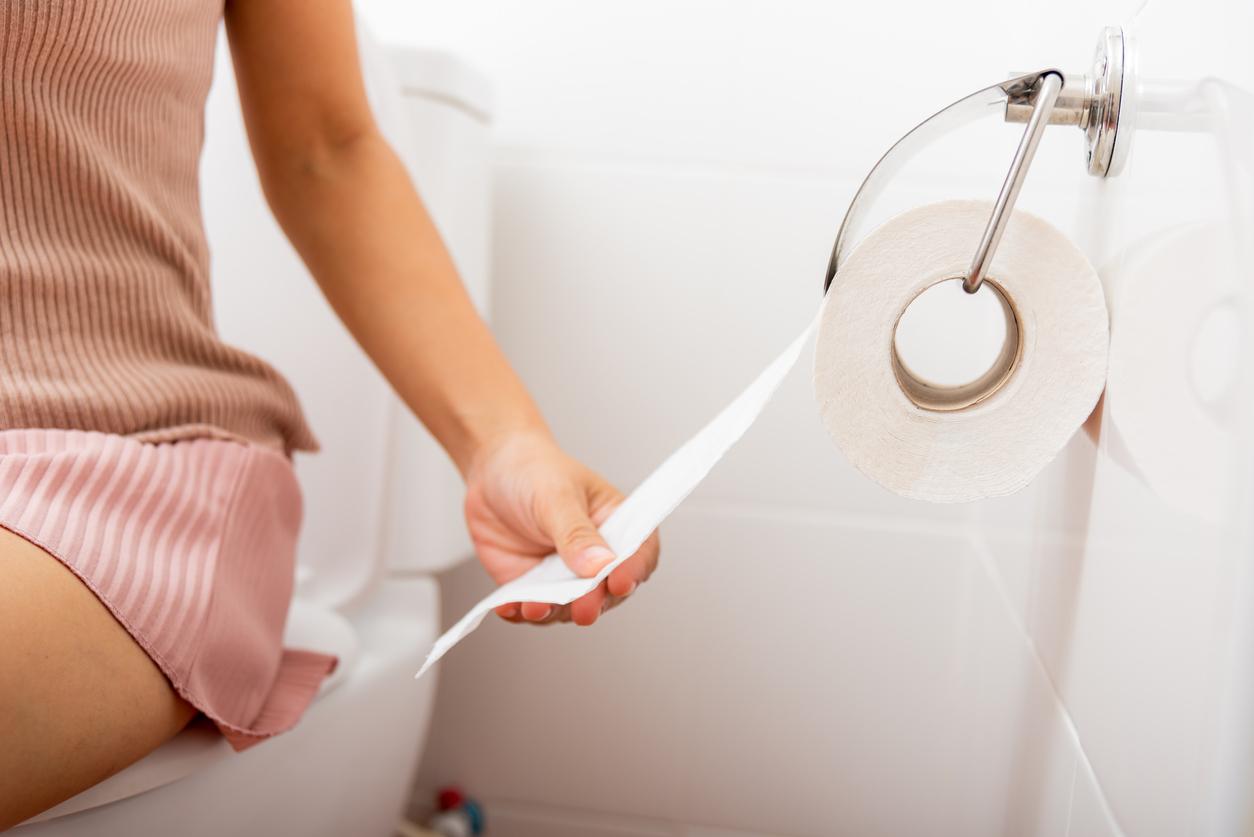Getting hold of the salt is the remedy suggested by Japanese researchers to end the habit of getting up at night to relieve your bladder. The Nagasaki University team explained at the European Congress of the Urological Society in London that reducing its salt intake in his daily diet helped reduce the frequency of going to the bathroom at night. Their work on 300 volunteers showed that people who swapped their diet for less salty meals tended to have less desire to urinate at night.
Volunteers had suffered from sleep problems for three months reported less needing to get up at night: after reduce salt, they got up on average more than once instead of twice. They slept better, which also translated into a better quality of life. “This study raises the possibility that a simple dietary adjustment can improve the quality of life of many people”, points out Dr Matsuo Tomohiro, author of the study, questioned by the BBC.
While the amount of water absorbed in the evening is often taken into account when getting up to go to the bathroom at night, this study suggests that salt could also be involved. Further work still needs to be done to confirm these results.
The French still eat too much salt
In France, the average salt intakecontained in food in France is estimated at 8.7 g / d for men, and 6.7 g / d for women (source: Anses-2015). In children from 3 to 17 years old, it reaches an average of 5.9 g / d in boys and 5.0 g / d in girls, with variations according to age, further specifies ANSES. The national health and food security agency (ANSES) recommends reducing salt intake as part of successive National Nutrition Health Programs. She therefore recommends an average salt intake of 8 g / day for adult men and 6.5 g / day for adult women and children.
Also read: Why does coffee make you want to go to the bathroom?
Salt: friend or foe?








